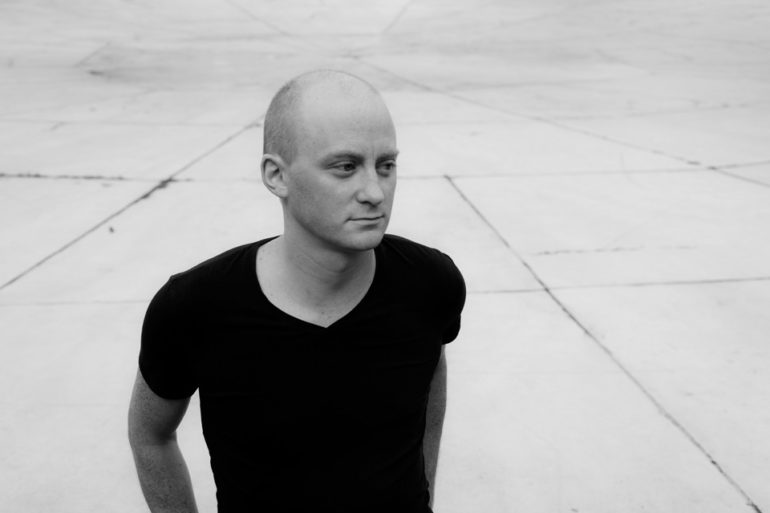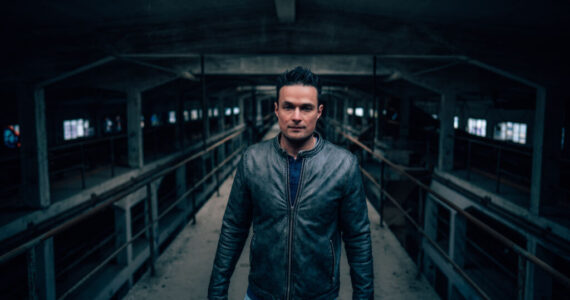We believe underground producers and labels deserve special recognition!
This week’s feature is dedicated to the front name of the underground techno scene in Berlin, Kangding Ray.
Kangding Ray is an experimental electronic project by French-born and Berlin-based producer David Letellier.
There are few musicians who manage to explore the convergence between techno and experimental as successfully as David Letellier.
Known as Kangding Ray, he has been producing for almost a decade, releasing his music exclusively on Raster-Noton and Stroboscopic Artefacts.
The aesthetic domains of these two labels epitomize Kangding Ray’s complex sound—it’s an aesthetic that tests boundaries, evolving tirelessly in its exploration of texture, rhythm, and sound design.
Those who have been following Letellier since his debut album, 2006’s Stabil, will recognize not only his meticulous and constantly developing an approach to sound design, but also the conceptual gravity behind his releases.
Through a string of recent EP’s and albums, culminating with the critically acclaimed “Solens Arc”, KR showed his ability to keep his artistic approach while delivering direct and powerful club-leaning tracks and darkly cinematic soundscapes.
In 2015’s “Cory Arcane”, he pushed the limits of his sound even further. Relinquishing standard rhythmic structures and conventional tonal models, he delivered what is perhaps his most sophisticated release yet; a raw and visceral universe, allowing a more fluid dialogue between soul and machines.
“HYPER OPAL MANTIS” for Stroboscopic Artefacts opens a new era for Kangding Ray, where he will explore the tension between the natural and artificial, the body and mind, which are central themes in electronic music in general, and Techno in particular. The means of creation, focused on technology and interactions with machines, contrast with the emotional response to sound, the mystical ritual of collective dancing, and the ethos of liberation and tolerance embedded in the culture it has produced.
Speaking about his recognizable sound, Kangding Ray describes it himself in a recent interview: “I’ve been evolving since a couple of years at the outer fringes of the club culture, where it overlaps with different experimental and avant-garde genres. While I intend to continue to explore that zone as a free maverick, I also wanted to give something back to the scene, something strong, beautiful and functional at the same time, while retaining enough personality to be exciting.”











